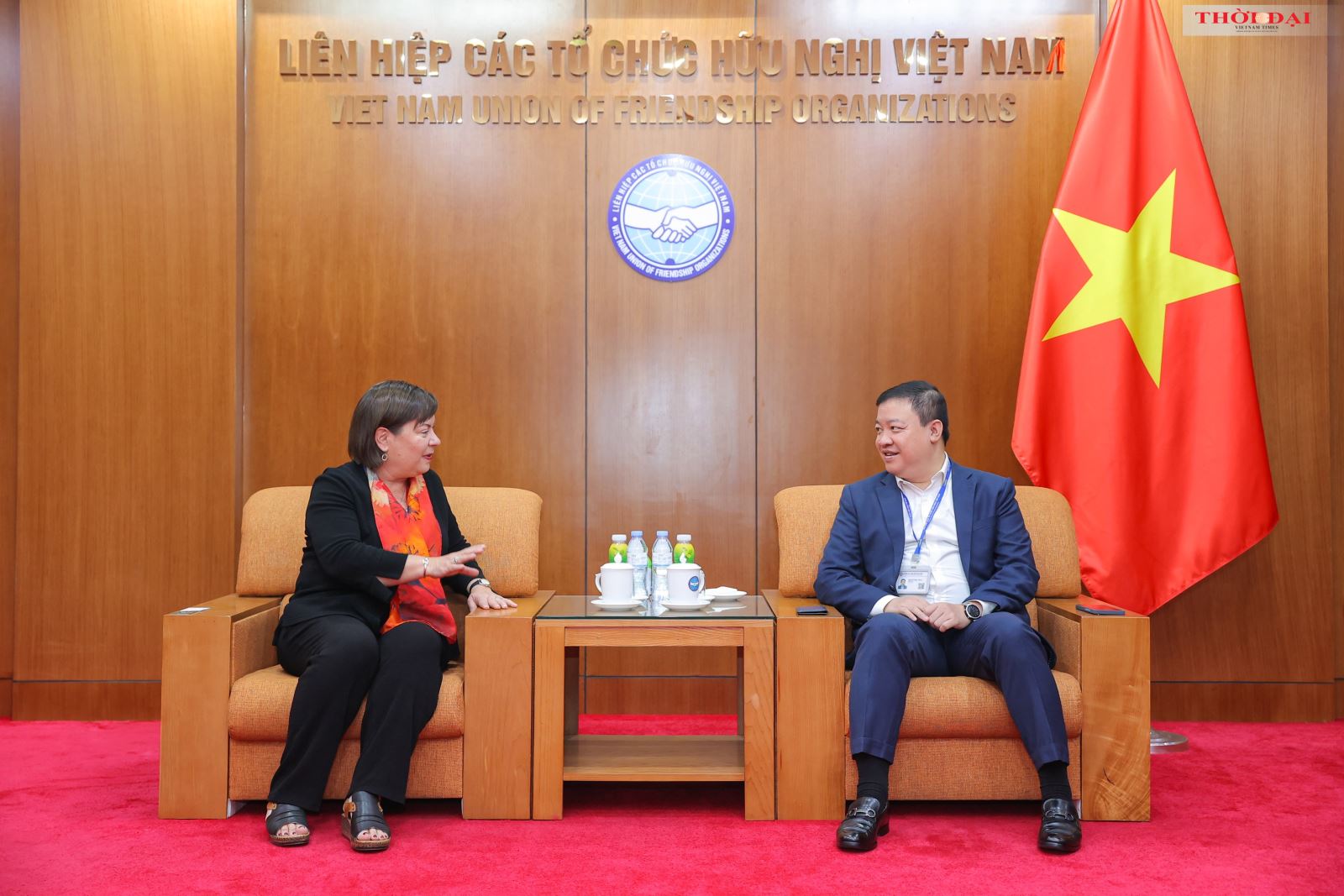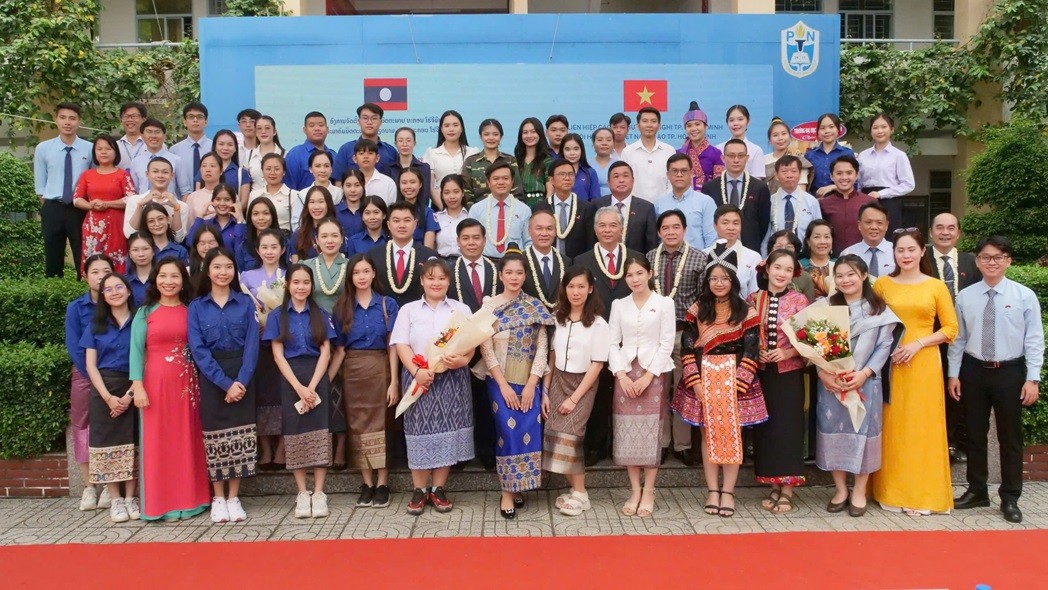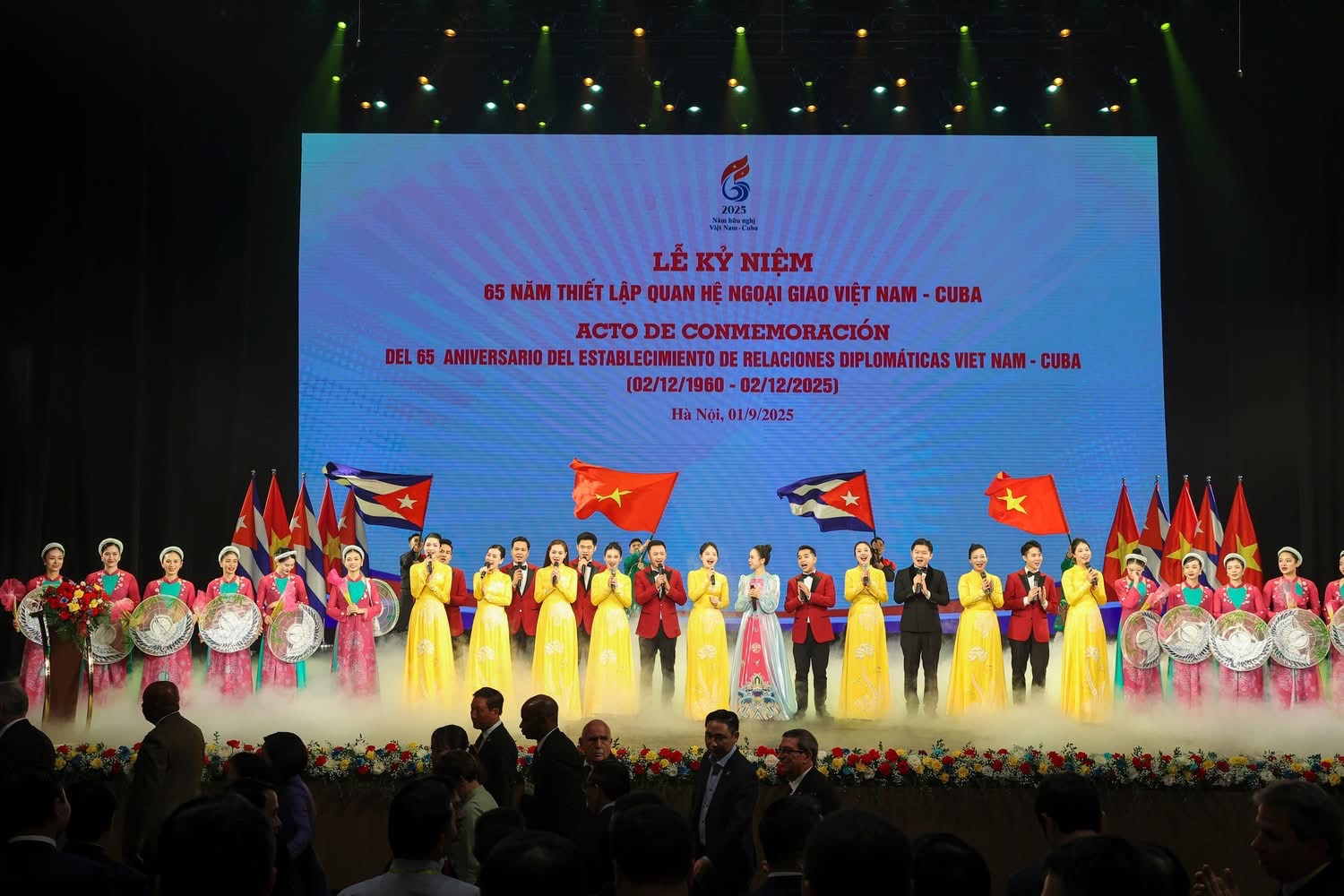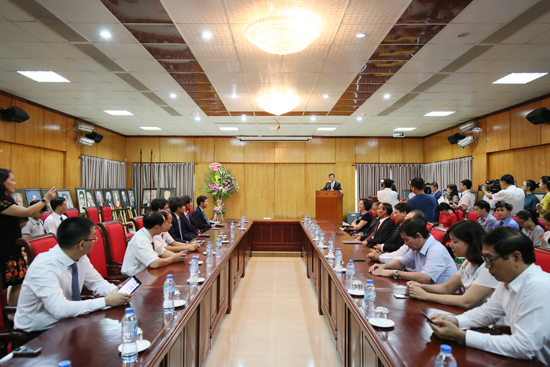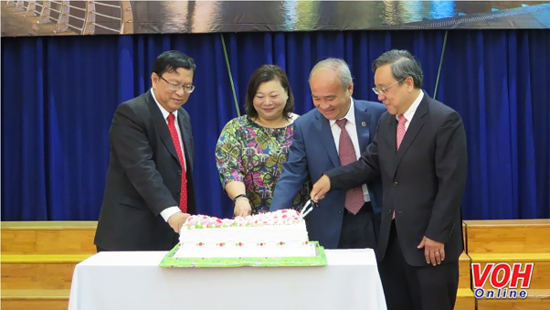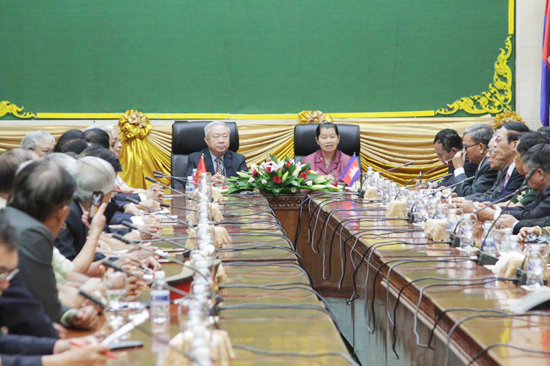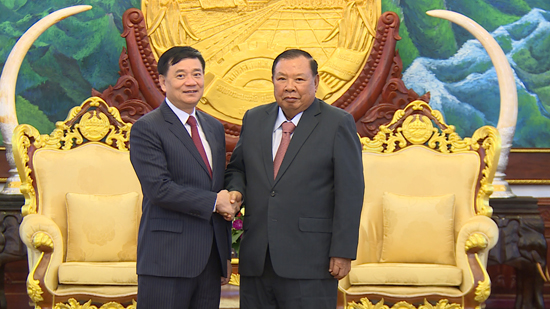
This November, US President Donald Trump will arrive at Da Nang, beginning his trip to Viet Nam to participate in the APEC summit. It will also mark Trump’s first visit to Viet Nam since his inauguration in March.
The US President will be received at the new premium international terminal built on the land which used to be a hotspot of dioxin contamination, as large amount of Agent Orange and other herbicides were handled by the US army at the airport during the US - Viet Nam War. Since 2011, 45,000 cubic meters of dioxin-contaminated soil has been detoxified in a project titled Danang Airport Remediation, sponsored by the US government. The signing of the Memorandum of Understanding (MoU) for Danang Airport Remediation project was witnessed by the US ambassador to Viet Nam Michael Michalak.
During his tenure in Viet Nam, Michalak maintained close coordination with the US Congress, the Vietnamese government, the US Agency for International Development (USAID) and prominent public figures like Ton Nu Thi Ninh, co-chair of the US – Viet Nam Dialogue Group on Agent Orange and Dioxin, Charles Bailey, Director of the Special Initiative on Agent Orange/Dioxin, (a task force initiated by Ford Foundation).
The Danang Airport Remediation, jointly implemented by USAID and the Vietnamese Ministry of National Defense costs a total amount of US$ 41 million, of which US$34 million was financed by the US, while the rest matching fund was paid by the Vietnamese government.
To Michalak, his nearly-four-year tenure in Viet Nam is an unforgettable part in his over-30-year diplomatic journey. What he remembered about Viet Nam, was some cups of bia hoi (fresh beer) on the street sidewalk with local people, and the exotic taste of bun cha (grilled pork noodles) sold on Hang Than street.
Part of the memories was filled with the image of his cherished friends, the Vietnamese diplomats whom he had chance to work with, including the Vice Minister of Foreign Affairs Pham Binh Minh, who is currently Deputy PM, Minister of Foreign Affairs. “Sometimes we even shouted at each other while discussing some issues. We had dinner together. Our families met each other’s and exchanged interesting conversations. And most importantly, we have become good friends.” Michalak said.
He also recalled an interesting fact-finding trip which he took part in, along with Vietnamese leaders, including the former Minister of Foreign Affairs Pham Gia Khiem. It was not difficult for the diplomats to become friends, as they shared something in common: both spent some times living in Eastern Europe before. Since Michalak also picked up Russian language when he was in college, the two also took the occassion to jointly sing a couple of Russian folk songs. “It was really exciting!”, said Michalak, joyfully.
During his tenure in Viet Nam, Michalak particularly focused on strengthening the education ties shared by two countries. He spent time on organizing various conferences introducing US education to Vietnamese students and welcome parties for new Fulbright scholarship holders.
“While swearing as US Ambassador to Viet Nam at the Congress, I promised that during my tenure, I would double the number of Vietnamese students in US, and at the end of the tenure, it tripled”. The momentum created by Michalak keeps going on after he left Vietnam in 2011. It hit 21,400 by 2016, putting Viet Nam at the 6th place on the ranking board of international studying in the US.
At the moment, the senior diplomat Michalak is working as an independent business consultant. The opportunity knocked his door 3 years after his retirement from the US Department of State and came back to his homeland, Seattle, Washington DC.
“The opportunity sounded fantastic, since it allowed me to live in the South East Asia region, working with not only Vietnamese but also the ASEAN countries”, Michalak said cheerfully while talking about his favorite activity – exploring the member countries of ASEAN.
Throughout his two years working in the Business Council office in Singapore, he has been in charged of assisting and promoting trade and investment activities of 160 American renowned business corporations in the South East Asia. The job has given him the opportunity to visit Viet Nam again.
His new job shared certain common traits with his previous one, at the same time, bringing him new challenges. “In some ways, it is slightly easier”, he laughed. “When I was the ambassador, I had to take care of everything, from politics, economy to human rights, education to social issues. Now I can focus on a single field which is business".
In the former Ambassador's eyes, Viet Nam is a bright spot of ASEAN. “Viet Nam is an appealing FDI destination, as the government tends to be more willing to provide consultation to the private sector and take them into account when it comes to the design and enforcement of related laws. Investors prefer to this move, because it signifies more transparent and predictable administration system. These are key factors which foreign investors care about when making investment decision”, he explained.
The former Ambassador is feeling excited about his trip to Viet Nam this November to attend the APEC CEO Summit, which will bring together a number of US enterprises, he said, while refusing to share their names’ list . "The preparation work is being conducted”, Michalak added.
At the age of 70, the former US Ambassador still loves to visit Viet Nam again and again. “Viet Nam is so special to me. Your heart warm affection, the friendship and hospitability which I have received are wonderful, which keep me coming back. And I will continue to do it in the rest of my life."
HA

